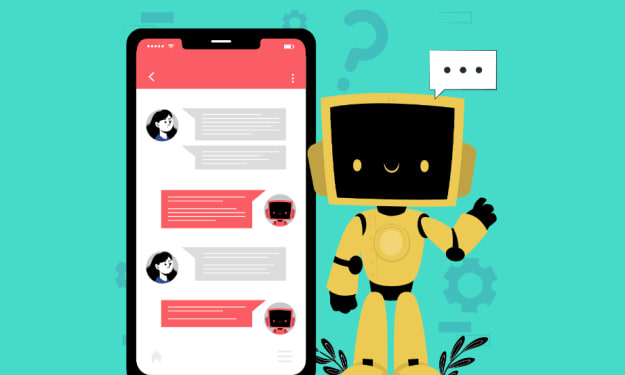AI Music Generator: Unlocking the Melodic Potential of Artificial Intelligence
AI

In recent years, advancements in artificial intelligence (AI) have penetrated various industries, transforming the way we live, work, and create. One such revolutionary application is the AI music generator, a powerful tool that is changing the landscape of music composition. By leveraging machine learning algorithms and deep neural networks, AI music generators are capable of creating original compositions, helping musicians, composers, and even hobbyists to explore new musical horizons. This article explores the concept of AI music generators, their functioning, their potential impact on the music industry, and the creative possibilities they offer.
Understanding AI Music Generators:
AI music generators are sophisticated software systems that utilize algorithms and neural networks to analyze vast datasets of existing music. By learning the patterns, harmonies, and structures inherent in the data, these systems can generate original compositions that mimic the style and characteristics of specific genres, and artists, or even create entirely new musical styles. The generators can compose melodies, harmonies, and rhythms, and even generate lyrics.
Functioning of AI Music Generators:
Data Analysis: AI music generators require substantial amounts of data to analyze and learn from. They analyze existing musical pieces to understand the patterns, melodies, chord progressions, and stylistic elements.
Machine Learning: Utilizing machine learning algorithms, AI music generators learn to recognize and interpret these patterns in the data. They identify recurring motifs, chord progressions, and other musical elements.
Composition Generation: Once the AI system has learned from the dataset, it can generate original compositions by combining and recombining the learned patterns and elements. The generated compositions can be tweaked and refined based on user preferences and inputs.
User Interaction: Many AI music generators allow user interaction, where composers or musicians can guide the composition process by specifying certain parameters, such as the desired mood, tempo, or genre. The AI system then generates compositions that align with these preferences.
Impact on the Music Industry:
Enhanced Creativity: AI music generators provide an endless source of inspiration for musicians, composers, and producers. They can assist artists in overcoming creative blocks, offering fresh ideas and perspectives that might have otherwise gone unexplored.
Music Production Assistance: AI music generators can streamline the music production process. They can generate backing tracks, provide musical accompaniment, or even serve as virtual bandmates, creating a more efficient workflow for artists.
Exploration of New Musical Styles: By analyzing diverse musical datasets, AI music generators can blend and experiment with various genres and styles, potentially leading to the creation of new and unique musical genres that defy traditional categorization.
Democratization of Music Creation: AI music generators have the potential to democratize music creation by allowing anyone with access to the technology to compose and create music. This enables aspiring musicians and hobbyists to express themselves musically without the need for extensive training or technical expertise.
Ethical Considerations and Challenges:
While AI music generators offer immense creative possibilities, there are ethical considerations and challenges to be addressed:
Plagiarism and Copyright: AI-generated compositions may inadvertently resemble existing works, raising concerns about copyright infringement and plagiarism. Clear guidelines and regulations must be established to address these issues and protect the rights of original artists.
Loss of Human Touch: The emotional depth and nuanced expression that come from human composers and musicians might be missing in AI-generated music. Striking a balance between AI-generated compositions and human creativity will be crucial to preserve the uniqueness and authenticity of music.
Bias in Dataset and Representation: The datasets used for training AI music generators may inadvertently contain biases towards certain styles or genres, which can limit the diversity and inclusivity of the generated compositions. Careful curation of datasets and diverse training samples can help address this issue.
Conclusion:
AI music generators represent a groundbreaking development in the field of music composition. They offer a wealth of creative possibilities, aiding musicians, composers, and enthusiasts in exploring new musical territories. While challenges and ethical considerations need to be addressed, the potential for innovation and democratization of music creation is immense. As AI music generators continue to evolve, they have the potential to reshape the music industry and inspire a new era of musical expression.
About the Creator
Thomas Wattson
Thomas Wattson is a content marketer and Internet marketer who has been in the industry for over 10 years. He has a vast amount of experience in both industries and has helped many businesses achieve their marketing goals.






Comments
There are no comments for this story
Be the first to respond and start the conversation.